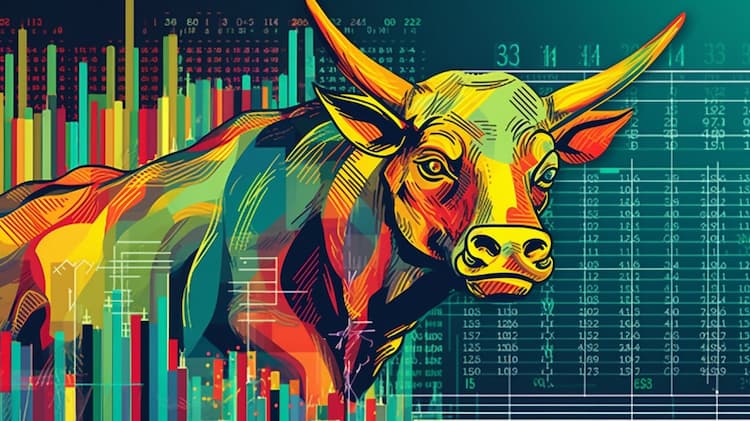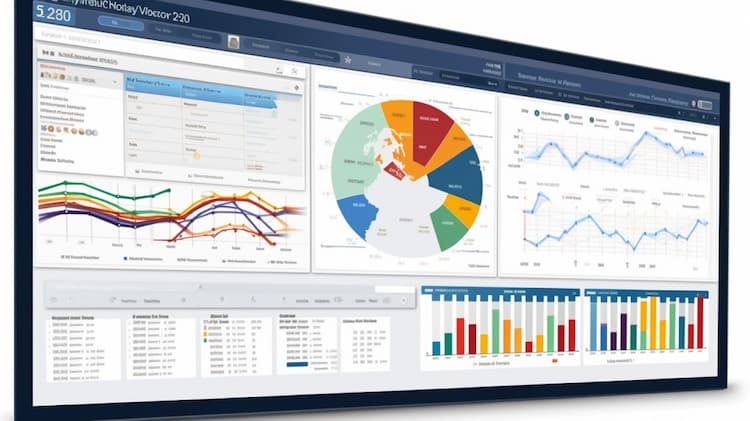
What is HYG?
In the world of finance, Exchange-Traded Funds (ETFs) have gained significant popularity as investment vehicles. One such ETF is the HYG ETF, which stands for HYG. If you're curious about what HYG is and how it works, this article aims to provide answers to some frequently asked questions. We'll explore the fundamentals of HYG and shed light on its key features and benefits.
What Makes HYG ETF Stand Out?
When it comes to investing in ETFs, it's essential to understand what sets each fund apart. HYG ETF, managed by BlackRock(https://www.blackrock.com/), is specifically designed to track the performance of the iBoxx USD Liquid High Yield Index. This index consists of a broad range of U.S. dollar-denominated, high-yield corporate bonds. The HYG ETF offers investors exposure to the high-yield bond market, providing a diversified and relatively liquid investment option. With its focus on high-yield bonds, HYG can potentially offer attractive income opportunities for investors seeking yield in their portfolios.
How Does HYG ETF Work?
HYG ETF operates by utilizing a passive investment strategy. It seeks to replicate the performance of the underlying iBoxx USD Liquid High Yield Index. The fund invests in a diversified portfolio of high-yield corporate bonds that match the index composition. As the underlying bonds' prices and yields fluctuate, the HYG ETF adjusts its holdings accordingly to maintain a similar risk-return profile. This approach allows investors to gain exposure to the high-yield bond market without having to individually purchase and manage a portfolio of bonds.
 HYG overlap What is HYG?
HYG overlap What is HYG?
What Are the Benefits of Investing in HYG ETF?
Investing in the HYG ETF offers several benefits for investors. Firstly, it provides exposure to a diversified portfolio of high-yield corporate bonds, reducing the risk associated with investing in individual bonds. Additionally, HYG offers increased liquidity compared to direct investments in individual bonds, making it easier to buy and sell shares. The ETF structure also allows for intra-day trading, providing flexibility for investors. Furthermore, HYG ETFs typically have lower expense ratios compared to actively managed mutual funds, which can contribute to improved long-term returns.
What Should You Consider Before Investing in HYG ETF?
Before investing in HYG ETF or any financial instrument, it's important to consider a few factors. Firstly, investors should assess their risk tolerance and investment objectives to determine if HYG aligns with their goals. Additionally, it's crucial to evaluate the overall economic conditions and interest rate environment as these factors can impact the performance of high-yield bonds. Understanding the fund's expense ratio, historical performance, and tracking error are also essential aspects to consider. Conducting thorough research and consulting with a financial advisor can help investors make informed decisions.
In conclusion, HYG ETF, which stands for HYG, is an Exchange-Traded Fund that provides investors exposure to the high-yield corporate bond market. Managed by BlackRock, the HYG ETF offers the potential for attractive income opportunities while providing diversification and liquidity benefits. However, before investing,
Source 1: HYG issuer website Source 2: Reuters article about HYG
HYG quote and analysis
Discover the top holdings, correlations, and overlaps of ETFs using our visualization tool.
Our app allows you to build and track your portfolio.
To learn more about the HYG iShares iBoxx $ High Yield Corporate Bond ETF, access our dedicated page now.
FAQ
What does HYG mean?
HYG is the ticker symbol for the iShares iBoxx $ High Yield Corporate Bond ETF. It represents an exchange-traded fund that focuses on high-yield corporate bonds.
What is HYG?
HYG is an exchange-traded fund (ETF) that invests in a portfolio of high-yield corporate bonds. It aims to track the performance of the Markit iBoxx USD Liquid High Yield Index, providing investors with exposure to the U.S. high-yield bond market.
Does HYG pay a dividend?
Yes, HYG pays dividends. As an ETF investing in high-yield corporate bonds, it receives interest payments from the underlying bonds held in its portfolio, and a portion of those payments is passed on to investors as dividends.
How often does HYG pay dividends?
HYG typically pays dividends on a monthly basis. The exact dividend payment dates can vary, and it is advisable to refer to the fund's prospectus or the official website for the most up-to-date information regarding dividend distributions.
How to short HYG?
Shorting HYG involves borrowing shares of the ETF from a broker and selling them with the expectation of buying them back at a lower price in the future to return them to the lender. Short selling involves significant risks and complexities, and it is advisable to consult with a qualified financial professional or broker for guidance on shorting strategies.



